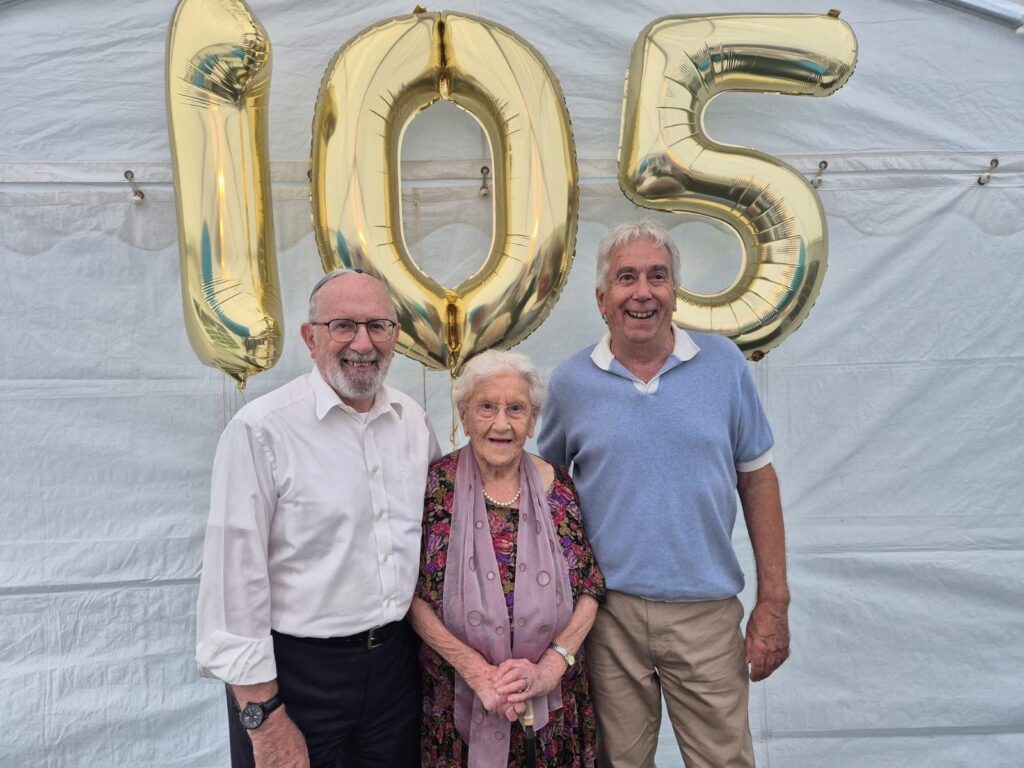Happy Hour
I am in a remote country far from my place of residence. I am struck by how happy the people are. In the streets, I see smiles and hear greetings. There is a lot of laughter and no discernable disrespect. Different races mingle and people walk at a leisurely pace. The streets and buildings are antiquated by California standards, yet are kept quite clean. I do not notice much emphasis on style or fashion, and the cars are not extravagant or fancy. I get around via taxi, and in keeping with my usual practice, I engage in light banter with the drivers if they speak English.
It is a Friday afternoon and I have to travel across town to reach my destination for Shabbos. My driver is amiable, and we talk about “happiness.” He says he likes to sing and dance because life is good. He praises the heavens for the good weather and talks about ending the day soon so he can enjoy the weekend. I ask him about his weekend plans. There is a lot to do in this town and its environs and I am interested to know how a working-class young man will celebrate his weekend. He tells me that he buys some good beer, sits outside, enjoys the beverage, and stays in a good mood. He likes to be happy, to stay happy, and to have fun.
I ask him if he will dance and sing, as he described earlier. He says that no, weekends are for beer drinking. He encourages me to try the same. I notice a large bottle of liqueur in the pocket next to my seat, which he says is for his depressed passengers. Shortly after that, we reached my lodging and we wished each other a good weekend.
I begin my Shabbos preparations. I have a short walk to shul where I was asked to give the derashah. I review my notes and put together what I believe is an appropriate talk for this community. But I also think about happiness and what it means. I think about having fun. There is no such word in Hebrew that quite captures the English definition of “fun.” True, we have words like simcha, sasson, and gila, yet most of us are hard put to define those terms. Instead, we glibly assume they are all synonymous. Among Ashkenazi Jews, we put a greater emphasis on thought rather than feeling, and we place a lower premium on cultivating those feelings compared to the amount of work we invest in our intellects. Someone once joked that when we read Parashat Amalek and repeat the final verse, we read the word as “Zaycher.” And on the second reading, we pronounce it “Zecher” to make sure we have pronounced it correctly. Similarly, we should break two glasses under the chuppah during a wedding. One of the glasses should represent “zaycher l’churban,” and the other one, “zecher l’churban.” The deeper meaning of the joke, psychologically, is that even at times of joy, we Jews sometimes struggle to intellectualize the experience rather than to experience our actual feelings. But this article is not meant to critique Jews. Instead, I wish to point out the wealth of concepts we should ponder in order to broaden our internal experience which can serve to make us better people, better Jews.
Where do we find simcha? When do we feel sasson? What “makes” us happy? Is it okay for us to spend a weekend drinking beer as a means of instilling happiness? Is that why we drink a l’chaim? What if we don’t drink? What is our catalyst for becoming happy? Should it be mitzvah gedolah l’hiyos b’simchah or should it be, as some have countered, is it a simcha gedolah l’hiyos b’mitzvah? Was my taxi driver focusing on being happy or was he seeking to merely have fun (which is a hard-to-find word in lashon hakodesh)?
As I walked to shul Friday in the warm dusk of late afternoon, I wondered about when I had last been happy, and how my frumkeit fit into that happiness. Is happiness something that is manifest through the things we do, accomplish, or create? Is there something inherently wrong with seeking happiness? It is true that our history and halacha have set parameters on how and when we display happiness and joy. Is happiness a goal to reach or is it a state of mind we must attain in order to reach other goals?
I had a happy Shabbos, and I was welcomed by many members of the community. I was included in the happy meals of happy families. The atmosphere was pleasant in the streets and in the neighborhood. I was happy to meet some old friends, and to discover that some of the people I met were related to people from my distant past.
While relaxing at home with a case of beer serves as a means to create happiness and fulfillment for the taxi driver, and hopefully will sustain his mood throughout the week; in contrast, our Torah concept of simchaseldom allows for solitude and withdrawal. Our happiness, ideally, is part of our social experience.
I do believe that it is possible and important to work on personal fulfillment in life, and this can bring moments of subjective happiness to those who can appreciate their own quiet solitude. However, there is a lot to be said for a community that works harmoniously and collaboratively to create an environment of simcha, especially simcha shel mitzvah. Most of our scriptural references to simcha involve activities that people do together.
There are many happy places and happy people on earth. But true and enduring “weekend” happiness, I believe, comes when a community celebrates Shabbos together in harmony and cohesiveness, something a case of beer could not have done. That’s what made the biggest uplifting impression on me.
Rabbi Dr. Dovid Fox is a forensic and clinical psychologist, and director of Chai Lifeline Crisis Services. To contact Chai Lifeline’s 24-hour crisis helpline, call 855-3-CRISIS or email [email protected]. Learn more at ChaiLifeline.org/crisis.













